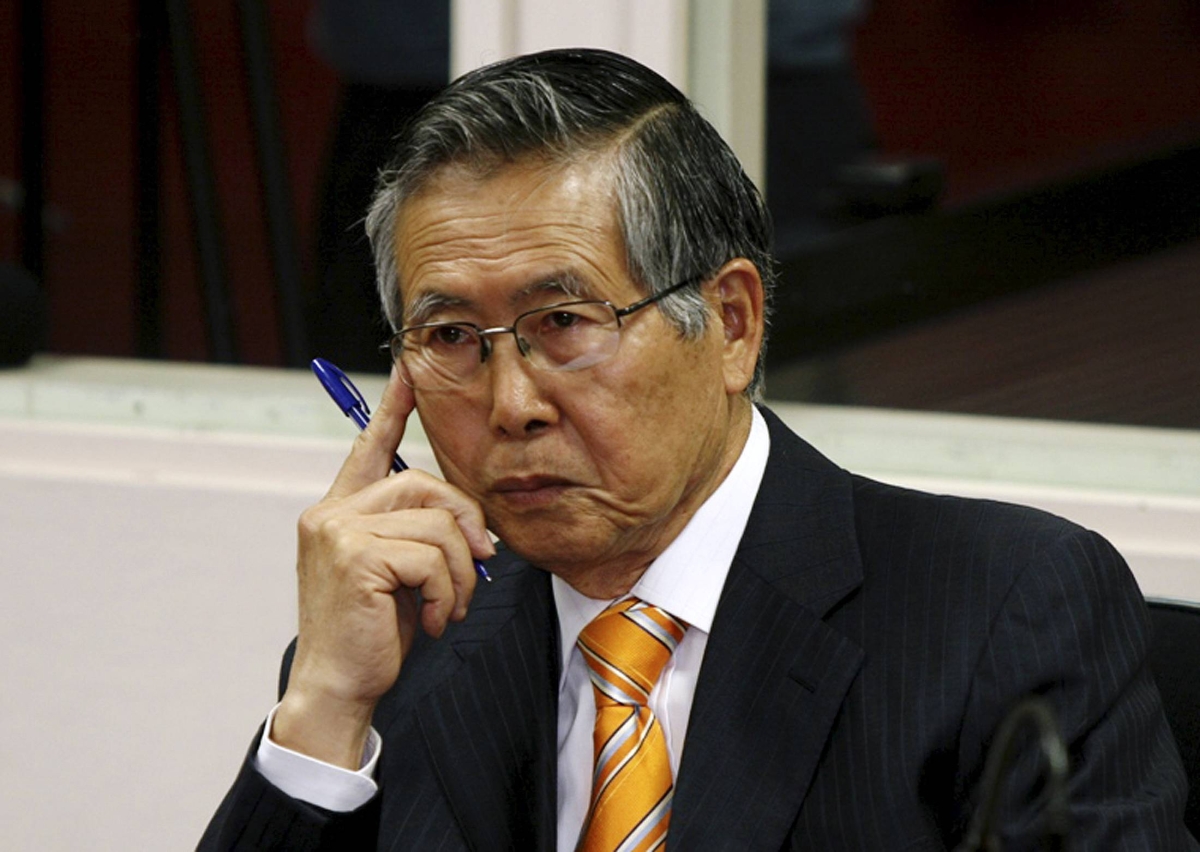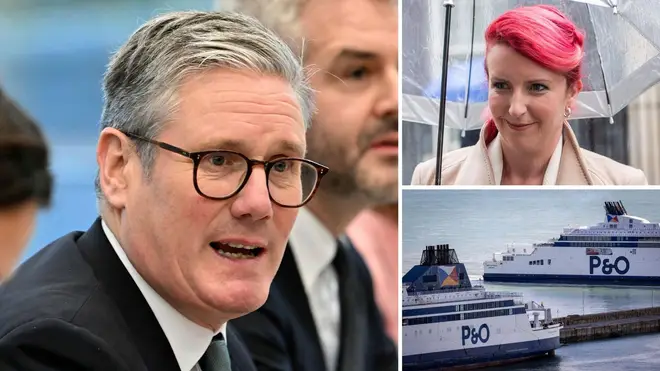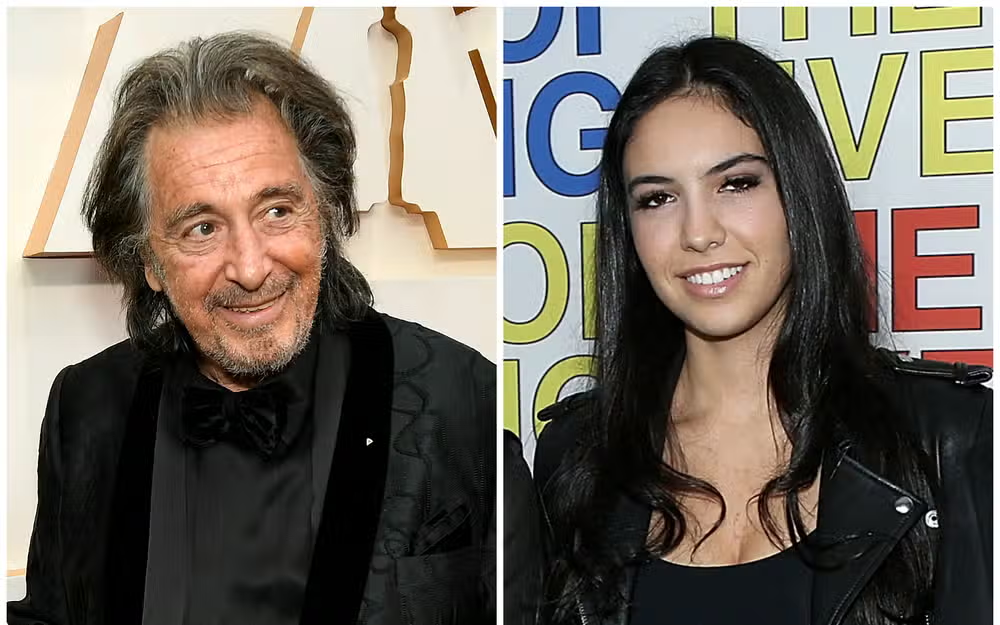Alberto Fujimori, a Peruvian politician with a complex legacy, died in Lima, aged 86, on September 11. An iron-fisted ruler, Fujimori won praise initially for economic reforms and the aggressive crackdown on left-wing insurgencies but ultimately had his reputation tarnished by human rights violations and scandals of corruption.
Rise to power.
Alberto Kenya Fujimori was born to Japanese immigrant parents in Lima in 1938 and rose from humble beginnings. He was an agronomist and former college administrator who rose to Peru’s highest office in 1990. During a campaign, he made his appeal as a man of the people, running against Mario Vargas Llosa, a Nobel Prize-winning novelist viewed as a candidate of the elite. All this, combined with his populist stance, earned him the nickname “El Chiniot” or “The Little Chinaman” among his supporters.
When first coming into power, Fujimori faced two most critical issues: a crumbling economy and the brutal Maoist insurgency at the hands of guerrillas of the Shining Path. To curb hyperinflation, he put into practice the policies of the IMF that he had earlier criticized. Harsh as these measures were, they drastically brought down inflation and gave Peru’s economy new life. Simultaneously, he gave the army a free hand to destroy the Shining Path, a terrorist organization responsible for terrorizing Peru.
Human rights violations and controversial tactics
On the other hand, Fujimori’s administration was also responsible for controversy. The ‘Colina Group’, a secret death squad under his regime, carried out the liquidation of accused terrorists and their supporters. The ‘Barrios Altos massacre’, a notorious operation, resulted in the mistaken death of 15 civilians, including an 8-year-old boy, during a party. Another atrocity was the kidnapping and killing of nine university students believed to be supporters of guerrillas; such acts became central to Fujimori’s eventual conviction for human rights abuses.
Widely criticized as grossly authoritarian, Fujimori dissolved Congress and suspended the constitution in 1992 to outmaneuver opposition to his methods. Although these measures truly did result in the capture of Shining Path leader Abimael Guzmán, they also ushered in an era of what scholars have called “electoral authoritarianism,” wherein democratic institutions existed only in name.

Fall from Grace and Exile
But with growing worries about corruption, human rights abuses, and the overarching power of his intelligence chief, Vladimiro Montesinos, Fujimori’s popularity began to slip. Later, a long list of criminal activities, including bribery, drug dealing, and embezzlement, would implicate Montesinos. In 2000, after a scandal involving Montesinos surfaced, Fujimori ran away to Japan, faxing in his resignation to avoid impeachment.
In 2005, Fujimori’s attempt at a political comeback ended in a fiasco. As he entered Chile with plans to return to Peru, authorities arrested him and extradited him. In 2009, a court convicted him of human rights abuses and sentenced him to 25 years in prison, making him one of the few former heads of state to face such trials and convictions within their own nation.
Controversial pardon and continued influence
In 2017, then-President Pedro Pablo Kuczynski controversially granted a medical pardon to Fujimori, which saw outrage from human rights groups and families of the victims. The United Nations criticized the move as politically motivated and undermining justice. In 2018, they overturned the pardon, and then reinstated it in 2022. In December 2023, Fujimori’s release took place, and the court proceedings concerning the alleged forced sterilizations under his administration continued.
A Legacy of Division
Until the end, Alberto Fujimori remained a polarizing figure. To so many, he was a hero—a leader who restored stability to a country standing on the edge of a precipice, taking on terrorist groups, and pushing through tough economic reforms. For many others, he was no more than a dictator whose abuses of human rights and corruption left deep scars on Peru’s democracy.
His children, particularly Keiko and Kenji Fujimori, continued to be very active in Peruvian politics, even having Keiko run for president several times. Without question, his legal troubles and deteriorating health did not completely erase the force of Fujimori’s presence in politics. Throughout the final years of his life, he has been able to maintain a small, yet very devoted, popular base, and several rumors even spoke of his possible return to power.
Conclusion

Alberto Fujimori’s life was a testament to rapid political ascent coupled with bold leadership and significant controversy. However, he left an indelible mark in Peru, and opinions about his legacy remain sharply divided. He was, fundamentally, a cautionary tale of the complexities and contradictions of political power in Latin America, whether he was a savior to a troubled nation or an iron-fisted tyrant trampling over democratic institutions.




